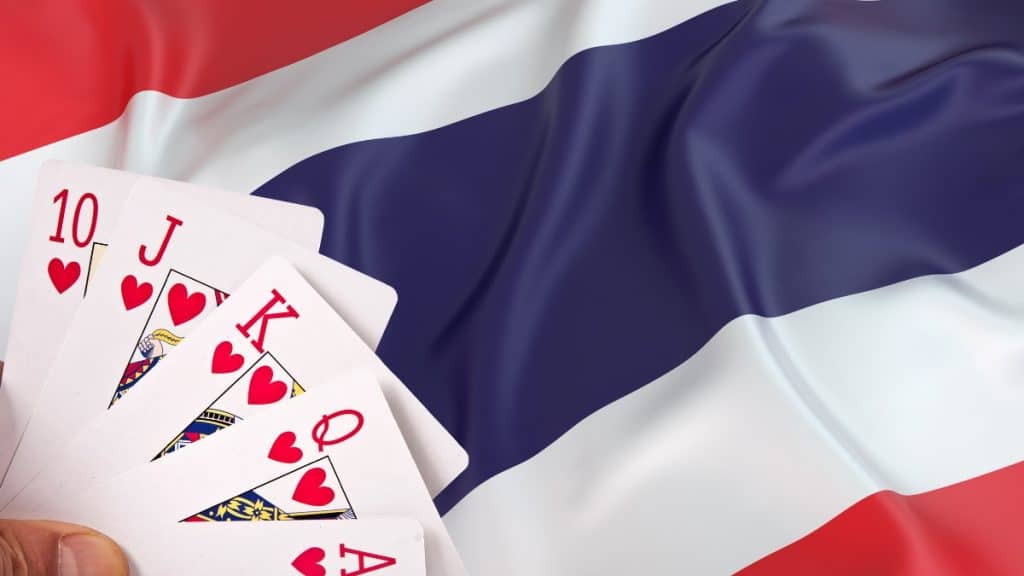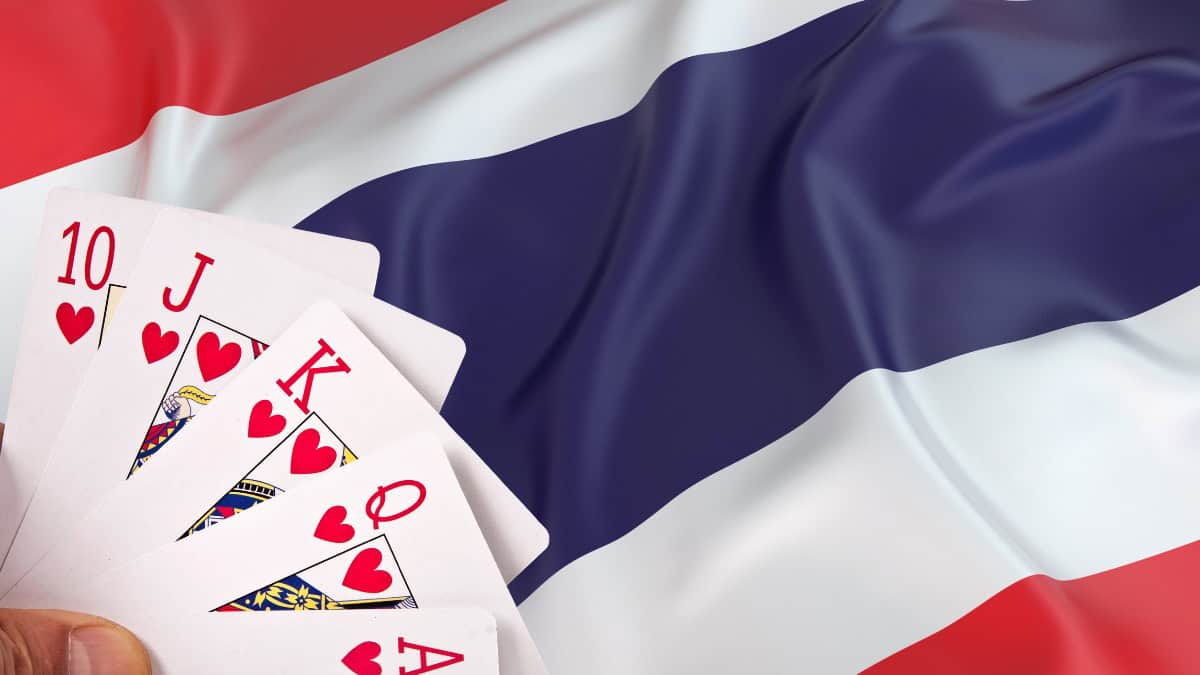
Is Poker Legal in Thailand? Government Recognizes It as a Sport

On July 23, 2025, the Sports Authority of Thailand (SAT) officially recognized poker as a sport. The decision was made during a SAT board meeting chaired by Deputy Prime Minister Suriya Juangroongruangkit, which was also attended by Tourism and Sports Minister Surawong Thienthong, SAT Governor Kongsak Yodmanee, and several other senior officials.
SAT described poker strictly as a “mind sport” and not a gambling activity. The agency cited poker’s widespread international appeal and its reliance on mental calculation, psychological insight, and strategic thinking—factors that, according to the agency, firmly position poker within the framework of legitimate competitive sports.
SAT Links Poker to Tourism Growth and Sports Talent Development
SAT expects the recognition to support Thailand’s sports tourism sector and contribute to economic growth. The decision coincides with the World Poker Tour (WPT) Prime Thailand event, scheduled for July 30 to August 5, 2025, just one week after the SAT officially designated poker as a sport. The tournament is the first major opportunity to apply poker’s new status, with hundreds of players and spectators expected to attend during the week-long schedule.
In preparation for this, in May 2025, the Ministry of Tourism and Sports partnered with WPT to organize Thailand’s first professional poker dealer training. The five-day program in Bangkok trained 100 individuals in technical dealing, dispute resolution, and tournament operations. Graduates are eligible to join the WPT dealer talent pool, supporting events in Thailand and Southeast Asia.
The training was conducted under the Mind Sports Talent Development Programme, a government-supported initiative designed to build infrastructure for poker and other skill-based games.
Entertainment Complex Bill and Public Opinion on Gambling
In early 2025, the Thai cabinet approved a draft bill for entertainment complexes, which included casino operations. The bill aimed to attract at least 100 billion baht in investment and increase tourism arrivals by up to 10%.
The draft included requirements for Thai nationals to pay a 5,000-baht entry fee and hold a minimum of 50 million baht in bank deposits for six months. The bill was withdrawn in early July 2025. The withdrawal followed the suspension of Prime Minister Paetongtarn Shinawatra and the Bhumjaithai Party’s departure from the coalition government.
A national poll conducted earlier in 2025 showed that 69% of Thai citizens opposed online gambling. Additionally, 59% opposed both casinos and integrated resorts.
Poker Recognition Maintains Legal Limits Under Playing Cards Act
Although poker is now officially recognized as a sport, gambling laws remain in effect. The Playing Cards Act of 1943, still active, restricts the ownership and importation of playing cards. Individuals are prohibited from possessing more than 120 playing cards unless those cards are registered with the Excise Department. The law was originally introduced during wartime to prevent idleness and remains part of Thailand’s current legal framework.
In 2016, 32 elderly members of the Pattaya Bridge Club were detained by authorities on suspicion of illegal gambling. Though no charges were filed, the event highlighted the legal ambiguity around card games, including those recognized as mind sports globally. Bridge, while played competitively in Thailand, has not yet received official sport status from the Thai government.
American Football Also Gains Sport Status
At the same SAT board meeting, American football was also granted official sporting status. The sport has been recognized by SportAccord and the International Olympic Committee. It is one of five new disciplines selected for the 2028 Olympic Games in Los Angeles.
Thailand’s men’s national flag football team currently ranks fifth globally. The team won a gold medal at the 2014 Asian Beach Games held in Phuket.